Keynote Speaker – Tuesday, June 20

Dr. Paul T. Anastas
Paul T. Anastas is the Teresa and H. John Heinz III Professor in the Practice of Chemistry for the Environment at Yale University. He has appointments in the School of the Environment, Department of Chemistry, and Department of Chemical Engineering. In addition, Prof. Anastas serves as the Director of the Center for Green Chemistry and Green Engineering at Yale. Anastas took public service leave from Yale to serve as the Assistant Administrator for the US Environmental Protection Agency and the Agency Science Advisor from 2009-2012. From 2004 -2006, Paul Anastas served as Director of the ACS Green Chemistry Institute in Washington, D.C. He was previously the Assistant Director for the Environment in the White House Office of Science and Technology Policy where he worked from 1999-2004. Trained as a synthetic organic chemist, Dr. Anastas received his Ph.D. from Brandeis University and worked as an industrial consultant. He is credited with establishing the field of green chemistry during his time working for the U.S. Environmental Protection Agency as the Chief of the Industrial Chemistry Branch and as the Director of the U.S. Green Chemistry Program. Dr. Anastas has published widely on topics of science through sustainability including eleven books, such as Benign by Design, Designing Safer Polymers, Green Engineering, and his seminal work with co-author John Warner, Green Chemistry: Theory and Practice.
Plenary Panel 1 – Wednesday, June 21
Accelerating Implementation of Environmental Sustainability through Financial and Policy Incentives
Environmental sustainability has often been viewed as a cost rather than an economic opportunity by both industry and government. Out of necessity, the fields of environmental engineering and science have historically taken a retroactive approach to solution formation. In this panel, we invite change makers from industry (e.g., insurance), government, philanthropic organizations, and investment firms to share their approach to accelerating the implementation of sustainability solutions. We ask they enumerate what features stand out to them in sustainability and environmental engineering technologies that promise both real and measurable impact, as well as market solutions that can support those innovations.
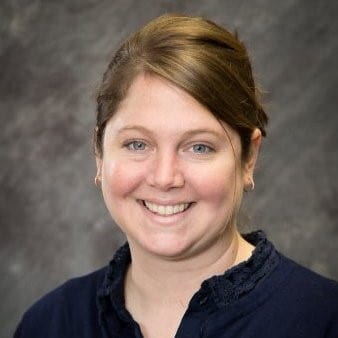
Gretchen Young
Gretchen Young is a Professional Engineer and Environmental Projects Manager at the City of Dover, NH. In 2022 the Gulf of Maine Council on Marine Environment recognized Gretchen Young with a 2022 Visionary Award for her work in facilitating the Dover, NH City Council’s Committee to Study Stormwater and Flood Resilience Funding, which in 2022 recommended the City Council create a stormwater utility to fund existing and future stormwater infrastructure needs – a process which is currently underway. Gretchen has extensive experience in environmental consulting and engineering, having worked with a number of different companies over the past 20 years. Gretchen earned her MS in Environmental/Water Resources Engineering from Norwich University and her BS in Civil Engineering from the University of New Hampshire.
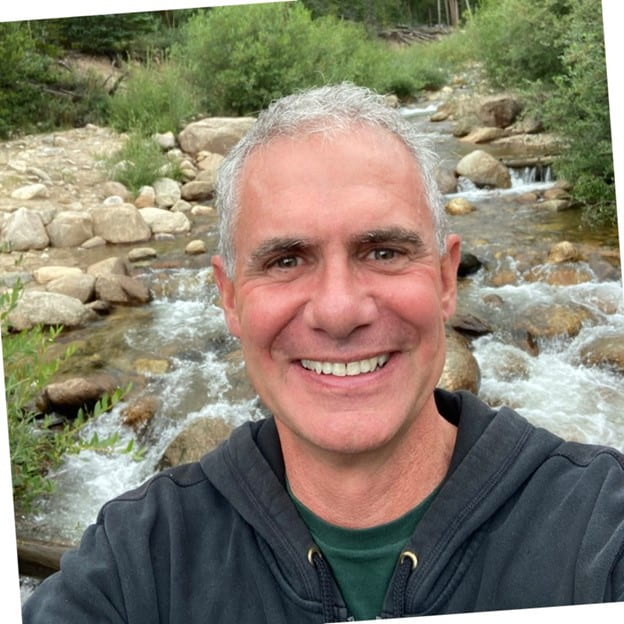
Capt. Mike Stover
Mike Stover is an experienced Program Manager with a demonstrated history of working as a civil/environmental engineer and problem-solver in Native American communities through government administration ((DHHS and EPA) and in developing countries through Engineers Without Borders. Mike served as EPA New England’s policy advisor and tribal program manager for tribal affairs for 12 years. Mike led a team of project officers and environmental protection specialists in addressing environmental issues in Indian Country, including contaminated land, drinking water, waste water treatment, non-point source pollution, climate change, air quality, and watershed restoration. Prior to that, he was an engineer for the Indian Health Service for 17 years. For the past 6 years, he convened US and Canadian federal agencies, Tribes and First Nations to form an international collaboration to address restoration of a large cross-boundary watershed. He has a Bachelor’s degree in Civil Engineering from University of Delaware, a Master’s degree in Environmental Engineering from Cornell University, and is a registered professional engineer (PE) in the Commonwealth of Massachusetts.
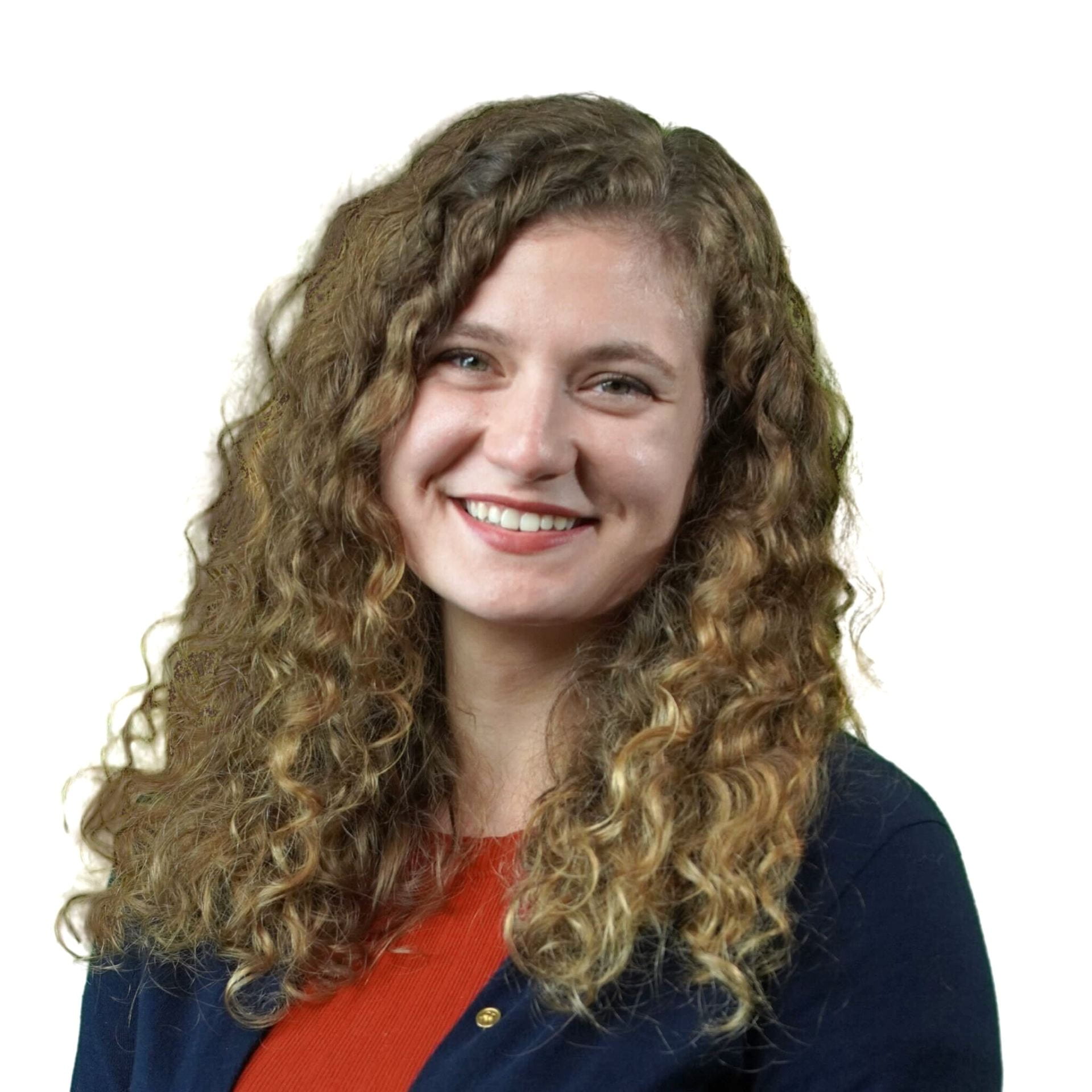
Jackie Firsty
Jackie Firsty is a Senior Manager of the Greentown Labs Investor Program, where she is responsible for managing the flow of connections and capital between the network of investors and member startups. As North America’s largest climatetech startup incubator, Greentown Labs’ provides resources and connections to help cleantech startups thrive – and they have raised more than $4 billion in funding since Greentown’s inception in 2011. In her previous experiences in clean energy, as the Director of Project Development at BlueWave Solar, she focused on developing large-scale community solar and dual-use agrivoltaic solar projects in Massachusetts, bringing project concepts through permitting and engineering, while supporting the financing and asset sales. Jackie graduated from Northeastern in May 2019 with a B.S. in Environmental Science, with minors in Sustainable Business Practices and International Affairs. She also worked at Verdenergia Pacifica, a permaculture reforestation project in the mountainous Puriscal region of Costa Rica, gaining a Permaculture Design Certification and putting sustainable agriculture skills into practice daily.
Plenary Panel 2 – Thursday, June 22
The Evolving Role of Environmental Engineers and Scientists in the context of Climate Change
Adapting to and mitigating the impacts of climate change is often articulated as the technological and policy challenge of our time. Undergraduate and graduate students around the world are desperate to apply their STEM skills and more to providing solutions to these challenges. However, the traditional Environmental Engineering and Science curriculum is not necessarily structured to meet the environmental engineering needs of the past (e.g., water, air, health, and sanitation (WASH)) with those of the future (e.g., WASH, decarbonization technologies, and geochemical impact assessment). This panel pushes innovative thinkers from a spectrum of environmental engineering and science professions (e.g., environmental justice, education, water and energy utilities) to articulate what they view as needed now, what is needed in the long term, and what the AEESP community can do to support the grand goals of our profession: protecting human and ecological health while promoting sustainable systems.
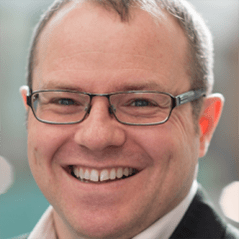
Dr. Benjamin Sovacool
Benjamin K. Sovacool is the Director of the Boston University Institute for Global Sustainability (IGS) and a Professor in the Department of Earth & Environment. He works as a researcher and consultant on issues pertaining to global energy policy and politics, energy security, energy justice, climate change mitigation, and climate change adaptation. More specifically, his research focuses on renewable energy and energy efficiency, the politics of large-scale energy infrastructure, designing public policy to improve energy security and access to electricity, the ethics and justice of energy, and building adaptive capacity to the consequences of climate change. Sovacool has a bachelor’s degree in Philosophy and Communication Studies (2001) from John Carroll University, master’s degrees in Rhetoric (2003) from Wayne State University and in Science Policy (2005) Virginia Tech, and a PhD (2006) in Science and Technology Studies from Virginia Tech.
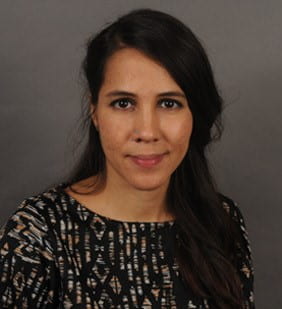
Dr. Rosalyn Negrón
Rosalyn is a socio-cultural/urban anthropologist in the Department of Anthropology at UMass Boston. She is also an Affiliate Faculty at the Gastón Institute for Latino Community Development and Public Policy, and the Critical Ethnic & Community Studies graduate program, and a member of the Core Team for UMass Boston’s Sustainable Solutions Lab, a research institute dedicated to understanding the disproportionate impacts of climate change on vulnerable populations and working with them to develop sustainable and equitable solutions. She received my PhD in Anthropology from the University of Florida in 2007. Her work engages the role of complex social environments on the decisions that people make for their social, economic, and physical well-being including migration and health decisions, identity negotiations, linguistic and educational choices. She also investigates ways to build relationships and bridges that make collective action possible, especially in ways that connect frontline communities to expanded forms of power. Her work bridges multiple substantive and disciplinary areas, including social network analysis, sociolinguistics, health disparities, disparities in STEM participation, climate justice, and climate adaptation.

Dr. S. Kyle McKay
S. Kyle McKay is a research civil engineer with the U.S. Army Engineer Research and Development Center (ERDC) Environmental Laboratory (EL). He received a B.S. in Environmental Engineering from Colorado State University, an M.S. in Civil Engineering from University of Illinois Urbana-Champaign, and a Ph.D. at the University of Georgia’s Odum School of Ecology. His research focuses broadly on examining ecological effects of water resources infrastructure with applications related to urban ecosystem restoration, ecological models, dam operations and decommissioning, flood risk management, and crisis and disaster management. He is stationed in New York City to facilitate cooperative research between the ERDC, local U.S. Army Corps of Engineers offices, the City University of New York, and other local partners. He is adjunct faculty at the University of Georgia and Brooklyn College and is registered as a Professional Engineer in the State of Georgia.